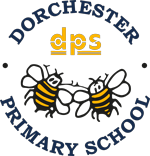Welcome to EYFS
In our Early Years Foundation Stage, we have a rich curriculum that promotes independence, curiosity and a love of learning.
We are Early Adopters of the new EYFS Framework. This consists of seven areas of learning. These are:
Prime areas:
Specific areas:
Literacy
Mathematics
Expressive Arts and Design
Please take a look at our curriculum overviews:
Foundation 1:
Children are taught through carpet sessions for Phonics, Maths, Physical Literacy and Literacy.
Foundation 2:
Children are taught through daily carpet sessions for Phonics, Literacy and Maths. Children also access a weekly guided reading session and have a 1:1 reading session with an adult.
Other areas of the curriculum are covered through a weekly Topic time, Music session and PE/Gross motor session.
During continuous provision, children have the freedom to explore indoors and outdoors through play and are encouraged to use team work, solve problems, make mistakes and take risks. The role of the adult during this time is crucial.
We ensure that we deepen this learning through modelling, scaffolding, questioning and differentiation. It is also during this time that we observe our Focus Children. Instead of having focus activities, each week we have 8 focus children.
The week before a child is one of our focus children, they take home a letter explaining this to parents and also asking them to contribute their knowledge of their child. Parents are then invited in to discuss what we have observed and to share next steps.
Throughout this process we enhance the environment to reflect the interests and needs of our children, ensuring that the children are always engaged and challenged.
We learn through the seasons and traditions and celebrations that occur throughout the year. Our core stories reflect these themes, however, the curriculum is very flexible and adapts and changes according to the children’s interests and next steps.
We have high expectations of our children. Our behaviour system ensures that all children are aware of the boundaries set and the importance of making good choices.
Home School Links:
We have strong home/school links and encourage parents to be actively involved in their child’s school life. We have an open door policy and regularly hold Stay and Play sessions throughout the year.
Parents are invited to Focus Child meetings at least once a term so that these observations and next steps can be shared. Parents have Marvellous Me log ins, where teachers send out messages regularly.
In F1, children take home Chatter Packs to encourage Speaking, Listening and early Literacy skills.
In F2, each child receives a free school book bag at the beginning of the school year and the children’s books are changed on a weekly basis.
Children have a weekly home learning challenge and they also take it in turns to look after a bear for the weekend. Home learning is celebrated and displayed in the entrance to our EYFS setting.

